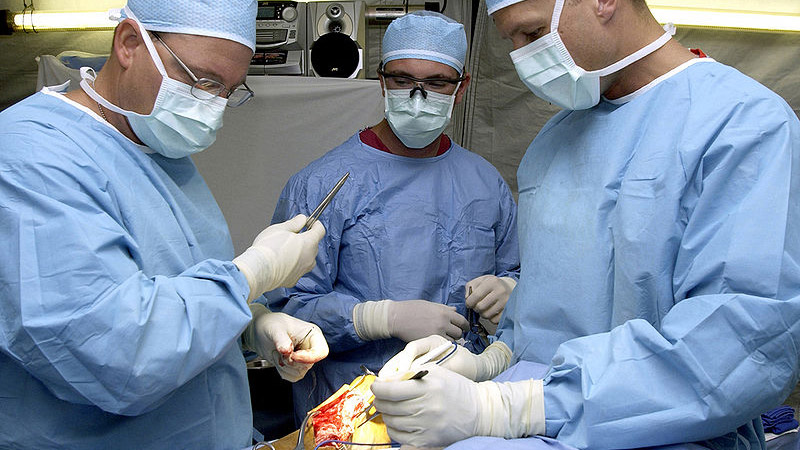COPS met on 18th June 2020 to discuss the resumption of elective surgery and the announcement by NSW & QLD State Governments to implement a waiting list reduction campaign to deal with the backlog of public hospital cases emanating from the cancellation of elective surgery during the COVID-19 pandemic.
COPS draws attention to the following issues:
- The backlog of cases currently facing the public hospital system and emerging in the private hospital system is now far greater than any previous caseload experience and needs careful consideration. As most public and private hospitals were operating at capacity prior to Covid-19, there is limited additional capacity now that elective surgery has recommenced.
- Because the backlog of cases is now in both the public and private systems, the issue arises as to which patients have priority in private hospitals when the private hospital has contracted limited theatre time to public patients and has also established commitments to admit private patients.
- There is a potential for clinical complications to arise from surgery that has been incentivised to meet budgetary constraints and political deadlines. In general, rushed non-emergency surgery is considered to be of higher risk to patients and hence raises ethical questions on the potential compromising of accepted standards of medical treatment.
- Public hospital patients being treated in private hospitals raises specific issues in regard to:
- Responsibility for complications, after-care, and medical vs hospital liability
- The responsibility for payment of clinical team members who may be required to perform surgery and anaesthesia
- The additional clinical treatment and support required for patients with co-morbidities and how this is paid for
- Loss of training schedules of speciality registrars and trainees
- Provision of additional clinical support to replace registrar and trainee functions in pre and post-operative care
- Clarification of what is meant by a “90-day after-care period”
- COPS does not support the creation of ‘unofficial waiting lists’ which occur when public hospital VMOs are advised not to place public patients, who have been clinically assessed for surgery, on the official public hospital waiting lists.
- Federal and State arrangements which were agreed to in the developing stages of the Covid-19 Pandemic in Australia are being extended to meet different objectives not directly associated with the Covid-19.This unnecessarily erodes the cooperative effort required to meet the challenges of the Covid-19 surgical backlog.
Solution
COPS supports medically driven initiatives to meet increased demand in elective surgery that has been driven by the COVID-19 pandemic. COPS maintain this is best achieved by adopting the following principles:
- Ensure all medical procedural groups involved in elective surgery are directly represented in any program that is being organised to reduce elective surgery waiting lists.
- Ensure that all programs being developed are built around the current public hospital model and utilise all aspects of public hospital care including full use of registrars and trainees, intensive care facilities and public hospital facilities.
- Align expectations of the reductions in waiting lists with the reality of the unprecedented backlog caused by COVID-19 restrictions.
- Replace ‘blitz programs’ and unrealistic deadlines with staged and sustainable elective surgery increases in capacity, which do not jeopardise patient safety.
A/Prof Dr David Scott
Chairman
Council of Procedural Specialists


